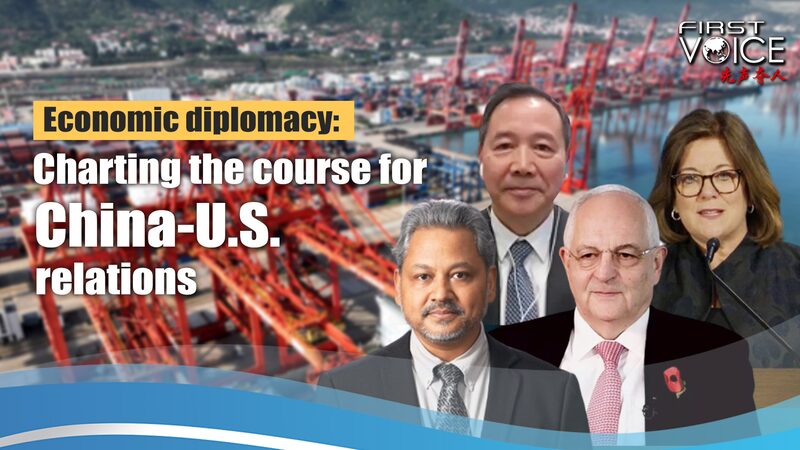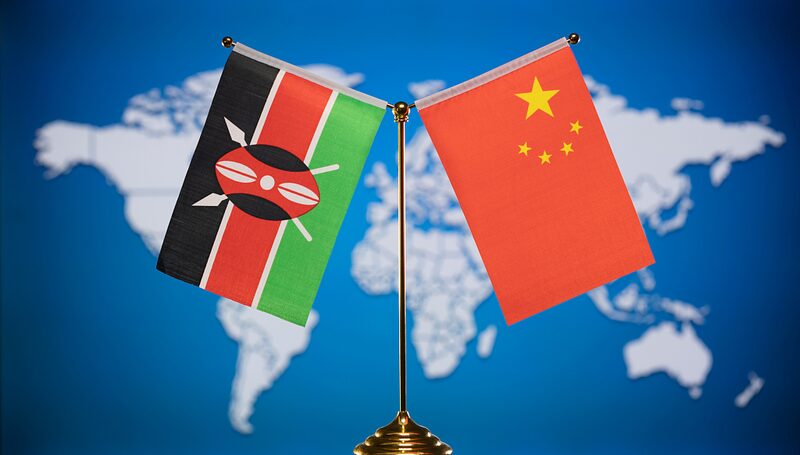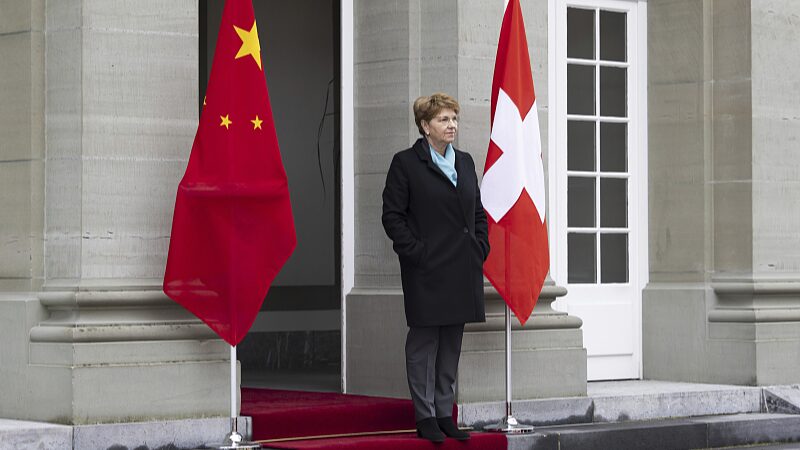As the world’s top two economies, China and the U.S. are locked in a high-stakes dance of competition and cooperation. Recent talks between American business leaders and Chinese officials reveal both tensions and hope for collaboration—but can economic diplomacy overcome political friction? Let’s break it down. 🔍
Key Voices: ‘Take Politics Out of Commerce’
‘If there’s no national security issue, let the market decide,’ says Eric Zheng of AmCham Shanghai, highlighting efforts to untangle trade from geopolitics. Meanwhile, U.S. Chamber of Commerce CEO Suzanne Clark recently met Chinese Premier Li Qiang, calling the relationship ‘extremely important’ despite Washington’s ‘small yard, high fence’ approach to tech restrictions.
Business Ties Defy Tensions 📊
Data tells a compelling story: 90% of U.S. firms in China report profits, per AmCham reports. From manufacturing to consumer markets, mutual benefits are clear—like affordable exports to America and China’s vast domestic demand. ‘Decoupling isn’t feasible,’ Zheng insists, citing 40+ years of integration.
The Path Forward
While the Biden administration targets AI and chip restrictions, experts like the Financial Times’ Martin Wolf argue Washington doesn’t want ‘open-ended conflict.’ The challenge? Balancing security fears with shared interests like climate action. 🌱
One thing’s certain: In our interconnected world, this economic tango affects us all—from smartphone prices to climate goals. The question isn’t just about two nations, but how the globe navigates a new era of ‘coopetition.’ 🤝🌐
Reference(s):
Economic diplomacy: Charting the course for China-U.S. relationship
cgtn.com






